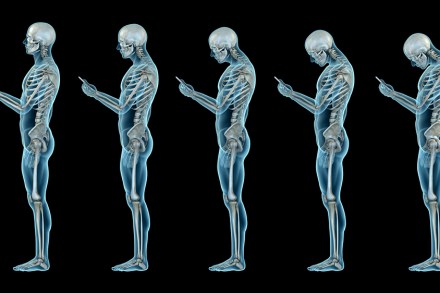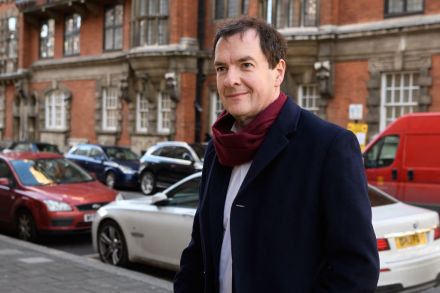Texting is a pain in the neck
‘Would you believe, looking down at your phone can put about 60lb of force on your neck,’ wrote Dr Miriam Stoppard in the Mirror. ‘Lift your phone up to eye level to avoid text neck.’ I didn’t quite understand about the 60lb, but my husband tells me there are other text ailments, notably text claw, a pain in the hand and wrist from too much tippety-tapping with the thumb. Apparently rolling cigars can have the same effect. I wonder if Carmen suffered from it. But another pain from texting comes from the formation of the past tense. ‘I text you yesterday but I never heard back,’ people say. It ‘sounds





















